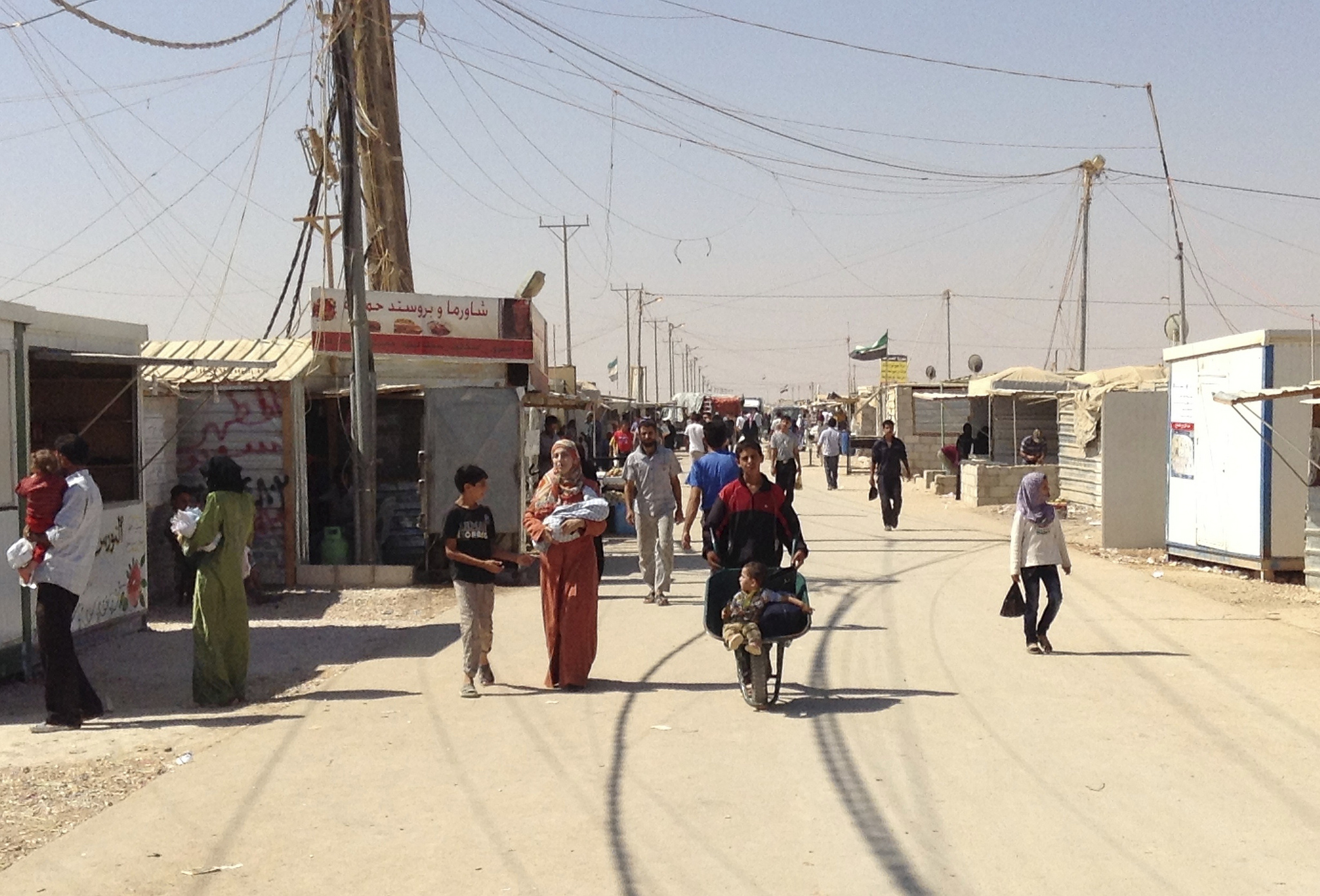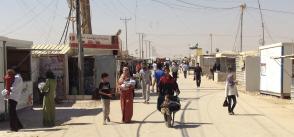
Refugees and Energy Resilience in Jordan
The Syrian refugee crisis is increasing energy and water stresses in neighbouring countries like Jordan. International aid flows offer an opportunity to build long-term resilience to shortages.
Jordan has welcomed hundreds of thousands of refugees since it gained independence in 1946, with the majority of them successfully integrating into the country’s vibrant, peaceful society.
The latest and largest population increase of over 700,000 resulting from the Syrian crisis since 2011 - entailing increases of 30 percent in some cities – has added to pressures on public services and already strained water and energy resources.
Fuel, power and water use have risen sharply since 2011, as have subsidy bills for the government. Low- to middle-income Jordanians feel the pressure from inflation, a housing shortage and unemployment, all of which are perceived to be exacerbated by Syrian and Iraqi refugees and the influx of foreign aid agencies. Meanwhile, the majority of refugees are living below the country’s poverty line, with households spending a high proportion of meagre and dwindling incomes on energy and water.
[Full article here | Photo by Foreign and Commonwealth Office]







